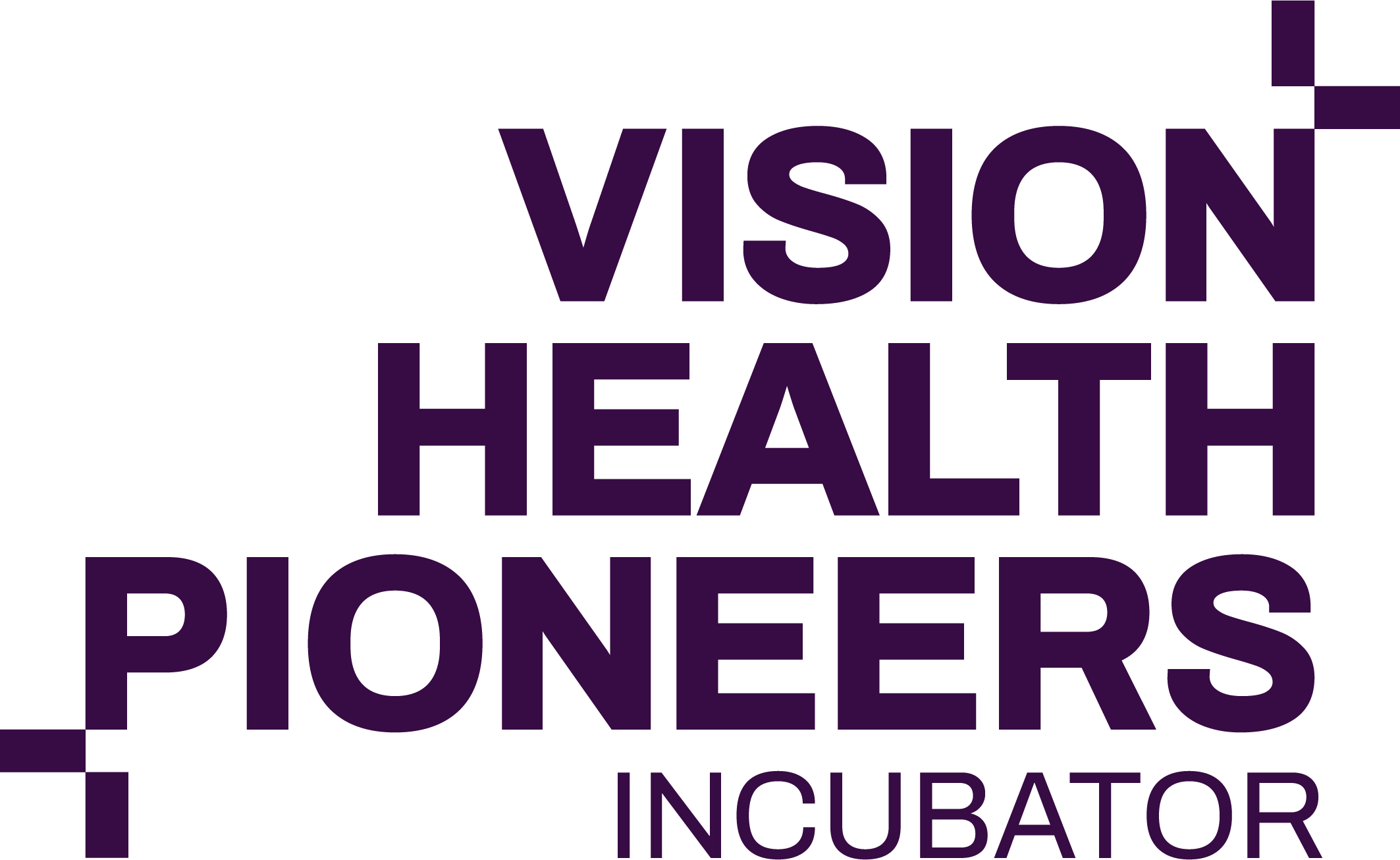
21 May Mila health is needed more than ever
The past month has been an exciting time to say the least for Jonas Keil and Ines Räth (the founders of mila.health). During a time when most of the world has stalled, mila.health is needed more than ever. Due to covid-19 and all the ways in which it affects our daily lives; the stress, anxiety and the normality of working from home, has pointed out why there should be a much stronger responsibility for employers to offer help and services to their employees surrounding their mental health. This has created an opportunity for mila, one in which their product and services are needed more than ever. It’s an opportunity they’ve grasped.
According to the World Health Organisation, nearly half of the world’s population will be affected by mental illness at some point in their lives. The personal and social impact of mental health is well recognised; it can also have a profound economic effect. The German health insurance provider DAK has estimated that between 1997 and 2007 the number of days taken ‘sick’ by employees, on account of mental health issues, increased three-fold. When taking account of the current impact of covid-19 these numbers will be even more profound. From the point of view of the health start-up sector, this provides a major market opportunity.
Who are they?

Jonas Keil and Ines Räth quit their jobs in business consultancy to start the adventure of mila.health in 2019. Based on their early career experience, they spotted a consistent flaw inhow companies functioned and, in particular, how they neglect one key aspect of the health of their employees: their mental health. This inspired a desire to create a solution to this problem. They are inspiring individuals who see a fundamental issue in the way an aspect ofsociety functions, and set out to change it!
Their vision is to transform employer attitudes to mental health, removing the stigma so oftenassociated with mental illness, so that it is viewed in the same vain as physical health – by promoting mental well-being and establishing a culture of support and understanding. The second issue they saw was something rather more practical. When someone was looking formental health support it was hard to find. Trying to find a therapist was a long and tedious process. Addressing these two issues lies at the heart of what mila aims to achieve.
What does mila provide?
Jonas and Ines have dedicated the last 7 months to creating a company with a network of ‘mila experts’ (therapists and academic professionals.), who can provide one-to-one advice and support. Their service involves working with employers to build an understanding of and commitment to the culture of mental health among their employees. They work with the employer to support their staff, embedding a new approach to employee support and creating a healthy and positive workplace for everyone. This takes place with two services provided by mila both available on their app.
mila.sessions: Every employee has easy access to their ‘mila experts’ to provide individualised mental support based on their needs and preferences, the ease of which is non comparable to anything currently available. Flexibility is key to mila.sessions, employees can access support via the wide range of options: video, phone or chat. This being even more of a selling point at this current time where the vast percentage of employees around the world are working from home.
mila.hub: The ‘place to go for all knowledge around mental health. In seminars, workshops or webinars you can learn the tools to better deal with mental challenges or stressful situations. The programs are curated individually and flexibly for you. While some of the courses take place on-site at your company most are offered digitally.’ (from their website).
The fundamental aim of mila.health is to tackle mental health by changing its perception: that it’s not just for ill or weak people but for everyone. It was the passion to create a new mindset among major employers which appealed to the Vision Health Pioneers team. Mila has joined seven other teams to be part of the nine-month program, supporting entrepreneurs with training, free coworking space, access to technology, business opportunities and equity-free funding.
Due to this sudden increase in need for the service mila provides, an opportunity presented itself; one they didn’t expect to come so fast. Not following their anticipated timeline, Monday the 20th of April saw the launch of their pilot app for a company with around 600 employees. This was by no means an easy feat to achieve logistically. All of their work came down to creating the app at blistering speed, in only 20 days from the start of development to launch. Catalina Turlea, mila’s CTO and also a founder, was central to this development. It is clear that on boarding Catalina was one of the key milestones in the progression of Mila. Without this inclusion the possibility of taking up an adventurous opportunity like they have would not have been possible. This adventure by no means is finished, they start working with 2 new companies from the 1st of June!
From founding the company, to the research and all the positive feedback from the new ‘mila experts’, to onboarding Catalina Turlea, and now the launch of the mila app – the last few months have been a ‘crazy roller-coaster’ according to Jonas. The future promises to be even more exciting.
Thoughts on Covid-19 by Gabriel Furey, Student Entrepreneur in Residence at Vision Health Pioneers




